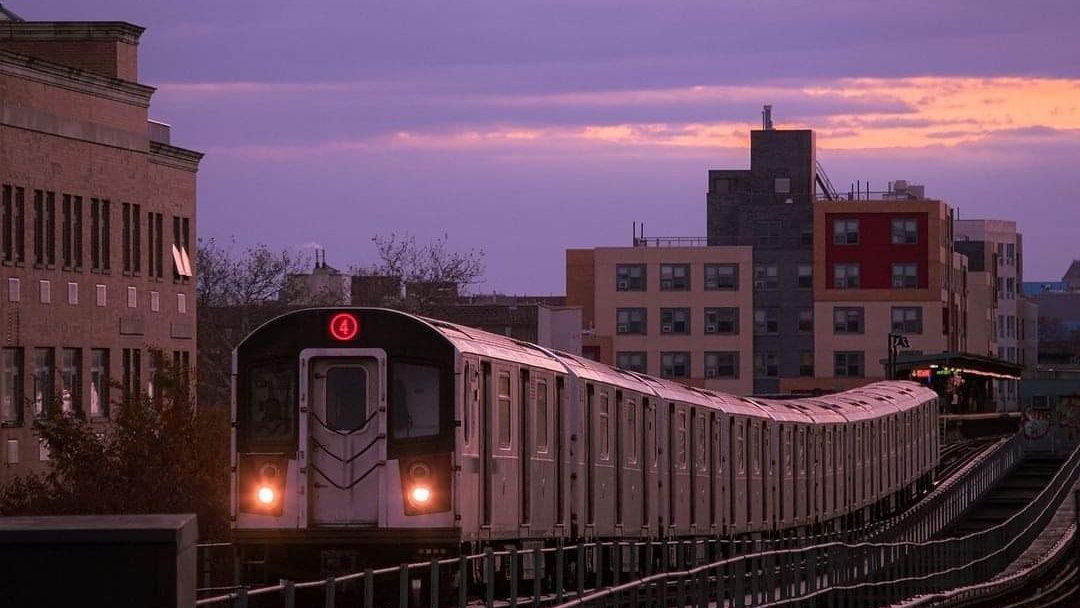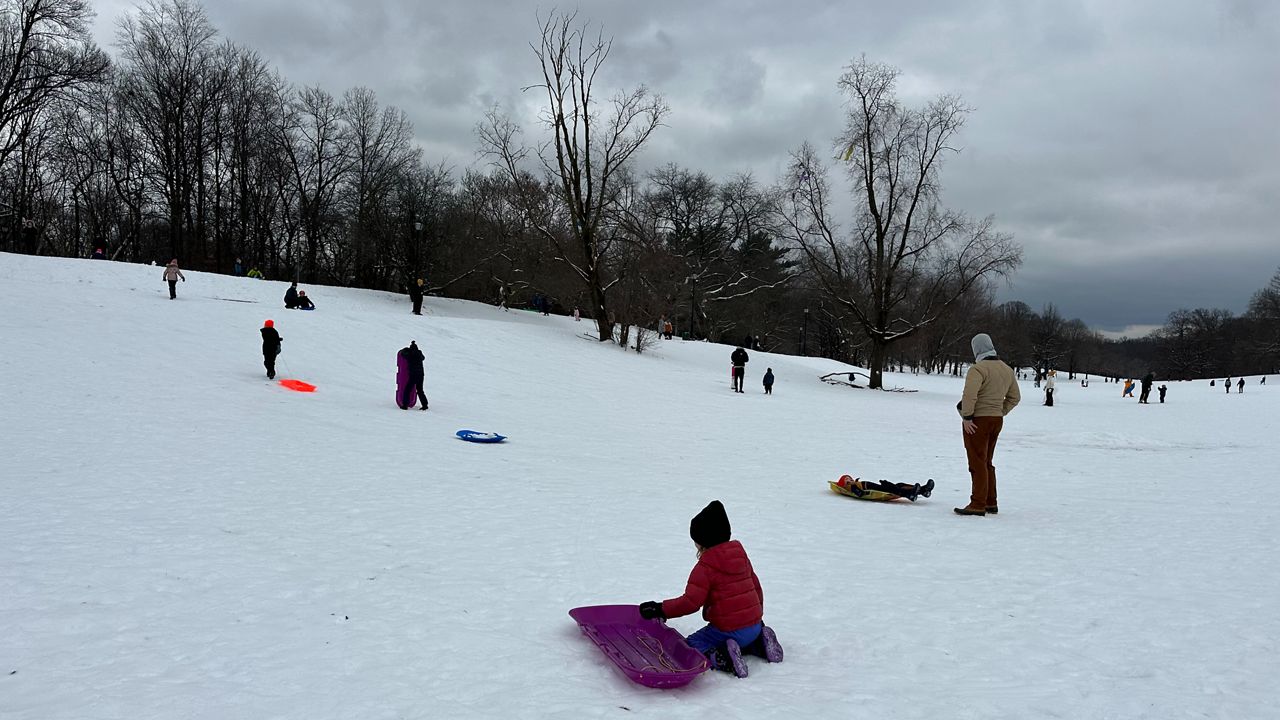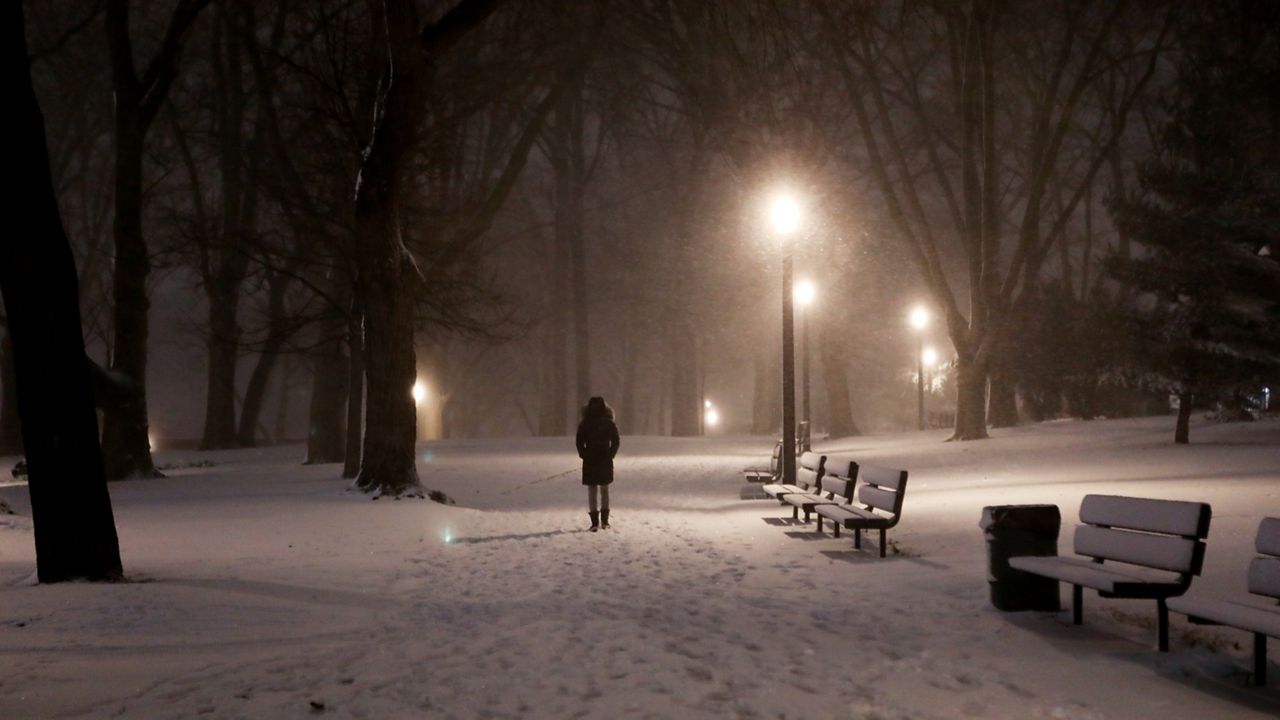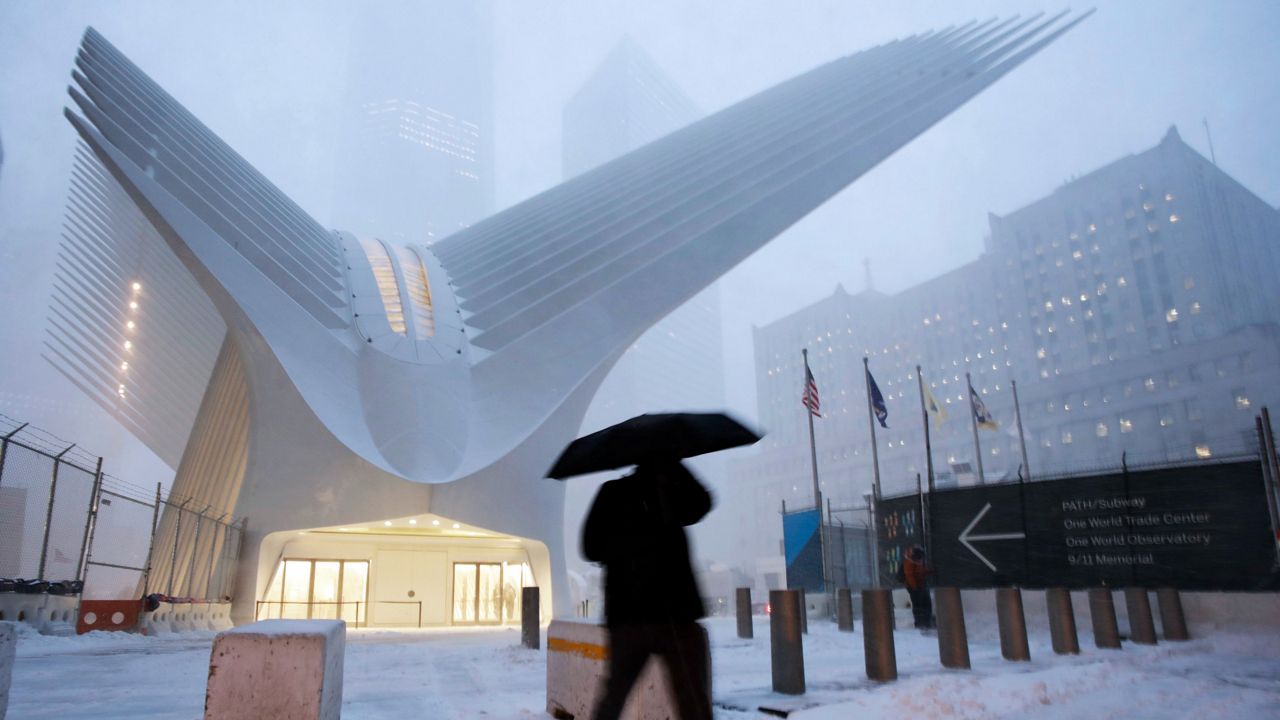Officials announced a "drought watch" in New York City.
“We first do a watch that is really preparatory, then if necessary we will go to a warning. Then the real issues, the real constraints, the mandatory efforts come when it is an emergency and part of what we are trying to do now is stave off that emergency,” Commissioner of the Department of Environmental Protection Rohit Aggarwala said.
What You Need To Know
- Officials say a “drought watch” is a preparatory measure to prevent an emergency in New York City
- The last time the city was in a "drought watch" was 2003
- According to officials, the reservoirs where the city gets its water are supposed to be at 75% capacity
- Officials urge New Yorkers to conserve water by reporting leaking fire hydrants, taking shorter showers and finding ways to lessen their water usage throughout their day
The agency said it is trying to avoid brush fires, like the one at Van Cortlandt Park in the Bronx on Monday.
“There is an increased fire hazard during periods of drought,” Commissioner of New York City Emergency Management Zachary Ischol said.
Jaqueline Kennedy Onassis Reservoir in Central Park shows low water levels, with land visible in the middle of the pond.
The last significant rainfall was on Sept. 29, which wasn’t even an inch that day.
“This isn’t about a little bit of rain. One day, we need six inches of rain to recover what we are missing,” Aggarwala said.
Officials said reservoirs here are dependent on reservoirs upstate.
“We don’t need the rain in the city. We need it upstate where the reservoirs are,” Aggarwala said.
The last "drought watch" in the city was in 2003.
“We are working with all of our city agency partners to make sure they have protocols in place for how they can conserve water,” Ischol said.
According to officials, New Yorkers have to do their part as well.
“If we can cut our water consumption by only 5% a day, every 20 days, we do that buys us another full day of a full water supply,” Aggarwala said.
The FDNY said it has extinguished more than 120 brush fires since Oct. 20.
Officials call on all of New Yorkers to report leaking fire hydrants, take shorter showers and find ways in their daily routines to conserve water.











